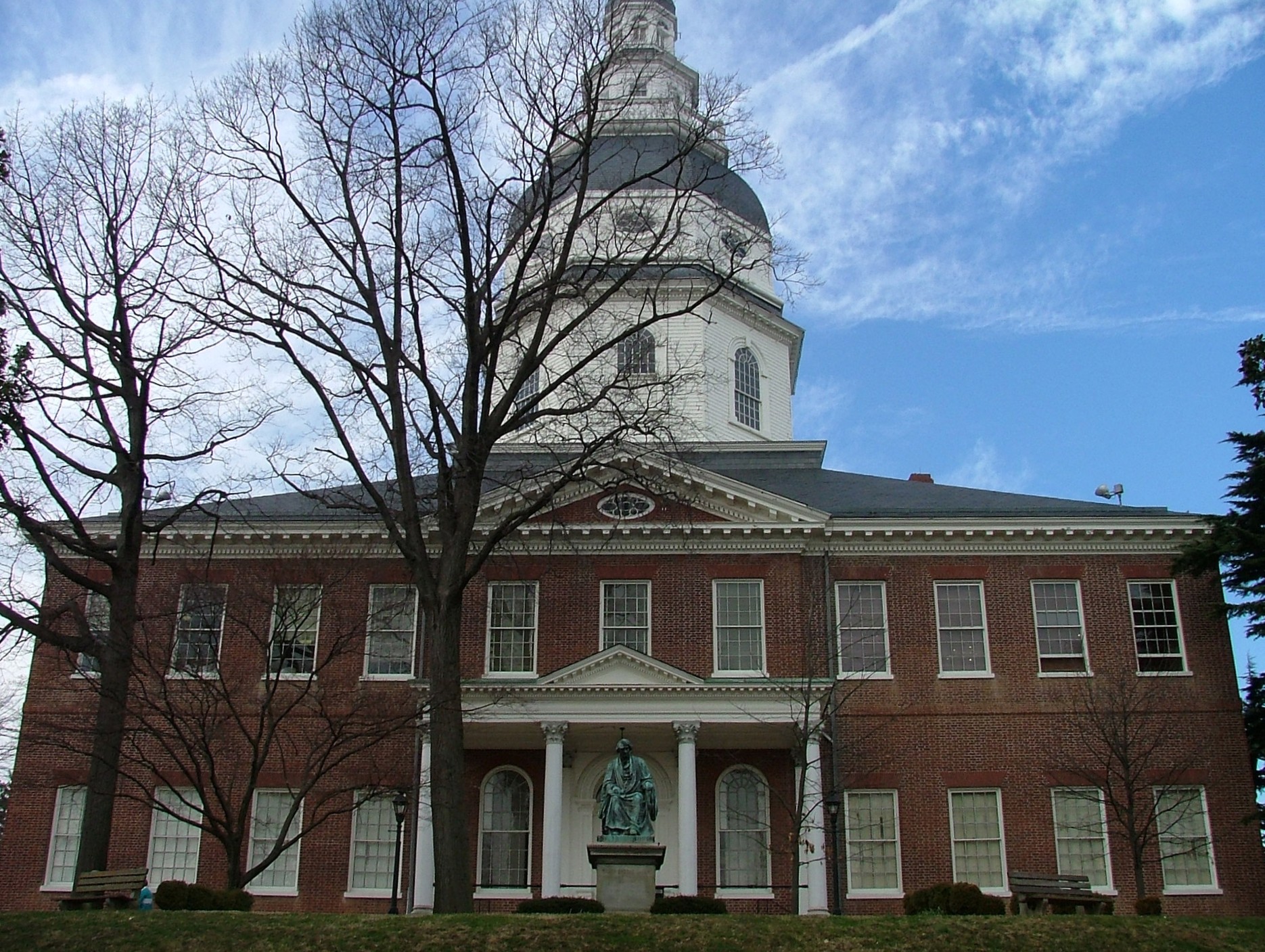Maryland Lawmakers Propose Stringent PFAS Legislation; NACWA Responds
 NACWA submitted written testimony last week to the Maryland Senate Education, Energy, and Environment Committee opposing Senate Bill 732 (SB 732) ahead of a Feb. 18 hearing. The proposed legislation seeks to impose strict limits on PFAS in biosolids, relying on a misinterpretation of the U.S. Environmental Protection Agency’s (EPA) Draft Risk Assessment for PFOA and PFOS in Biosolids and potentially leading to severe unintended consequences for Maryland’s clean water utilities and also out-of-state utilities that land apply biosolids in Maryland.
NACWA submitted written testimony last week to the Maryland Senate Education, Energy, and Environment Committee opposing Senate Bill 732 (SB 732) ahead of a Feb. 18 hearing. The proposed legislation seeks to impose strict limits on PFAS in biosolids, relying on a misinterpretation of the U.S. Environmental Protection Agency’s (EPA) Draft Risk Assessment for PFOA and PFOS in Biosolids and potentially leading to severe unintended consequences for Maryland’s clean water utilities and also out-of-state utilities that land apply biosolids in Maryland.
SB 732’s 1 part per billion (ppb) limit for PFAS in biosolids is based on an incorrect application of the Draft Risk Assessment. NACWA pointed out in its testimony that this 1 ppb figure was used for modeling purposes only and was never intended to serve as a regulatory standard. Moreover, the risk assessment’s findings apply to a highly specific, hypothetical farm family scenario that does not reflect real-world exposure risks for the general public.
If passed in its current form, SB 732 would effectively ban the land application of biosolids in Maryland. This would force utilities to send biosolids directly to landfills, which would be more expensive for utilities and ratepayers given the limited landfill capacity in Maryland. It would also eliminate the ability to beneficially reuse biosolids in the state.
Ahead of the hearing, NACWA met with environmental groups supporting the bill to discuss the shared interest in tackling PFAS in Maryland and possibly explore a more reasonable path forward. The discussion focused on the need for science-based solutions focused on source control and a “polluter pays” model that protect public health without imposing unrealistic burdens on clean water utilities and their ratepayers.
Instead of rushing to enact an impractical mandate, NACWA urges Maryland lawmakers to build on the existing, science-based approach developed by the Maryland Department of the Environment (MDE).
NACWA thanks its Maryland members, especially WSSC Water, for bring this legislation to our attention and for their support as NACWA submitted testimony. NACWA also thanks the Maryland Association of Municipal Wastewater Agencies (MAMWA) for their strong advocacy on this issue and for collaborating on NACWA’s testimony.
NACWA is always willing to assist its members at the state level on these types of issues when helpful and appropriate. For more information or to discuss further, please contact Danielle Cloutier, NACWA’s Director of Legislative Affairs.